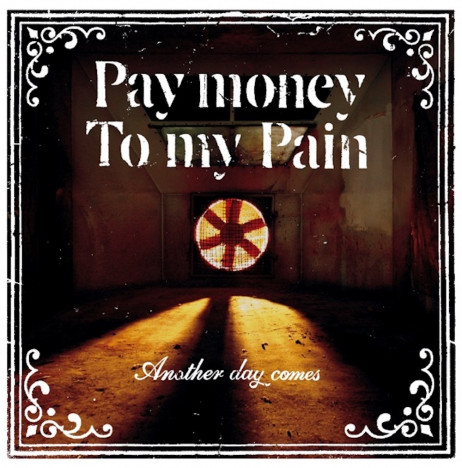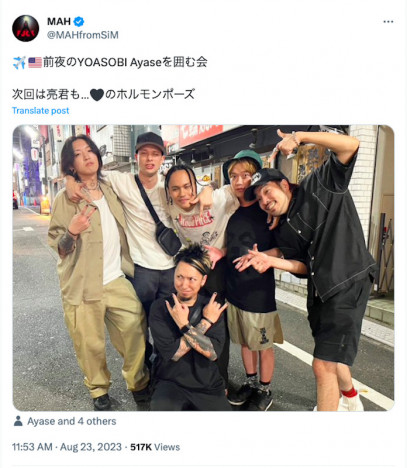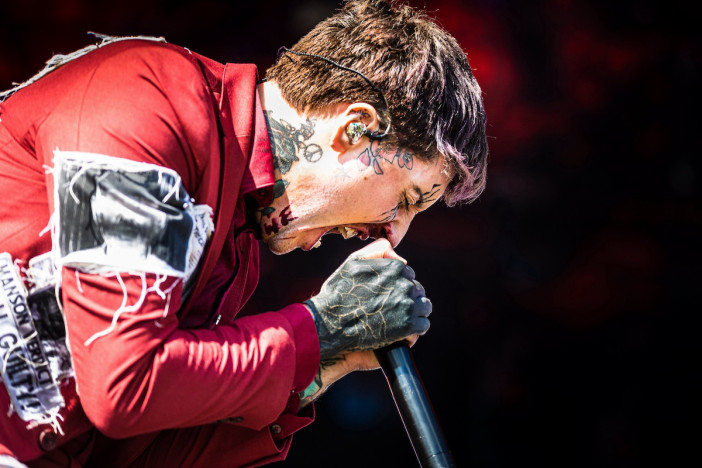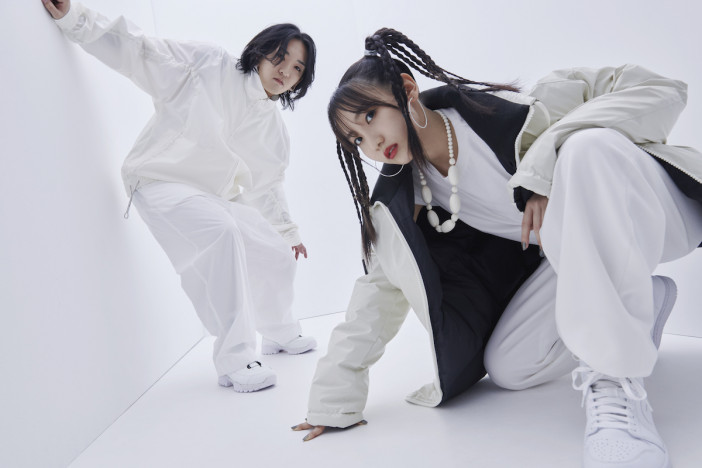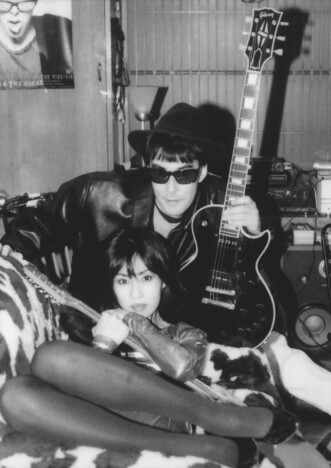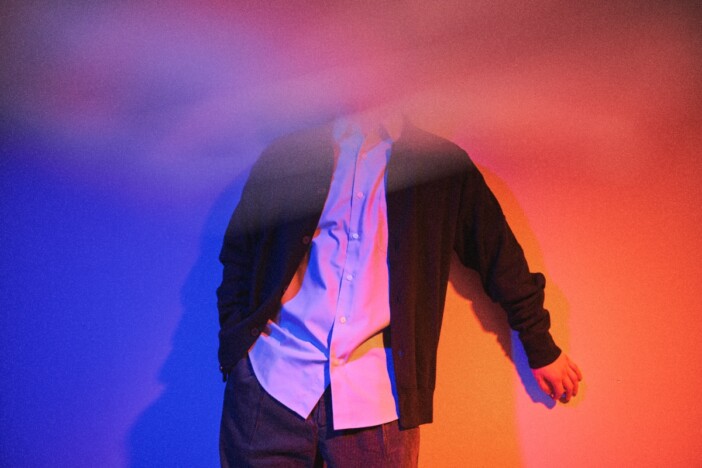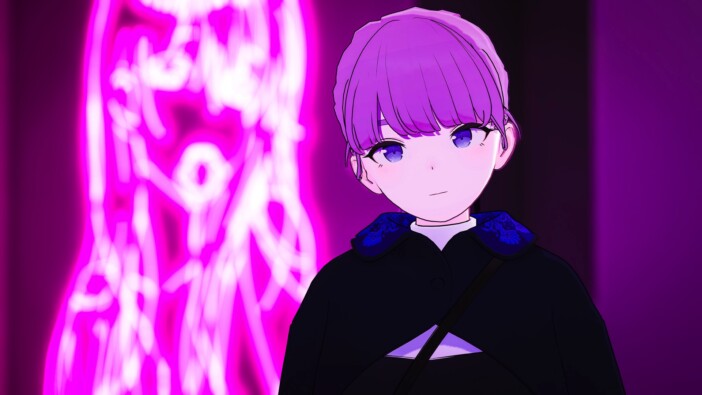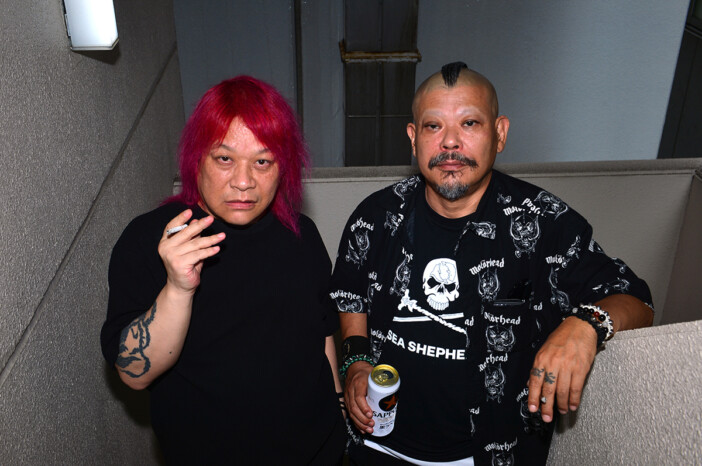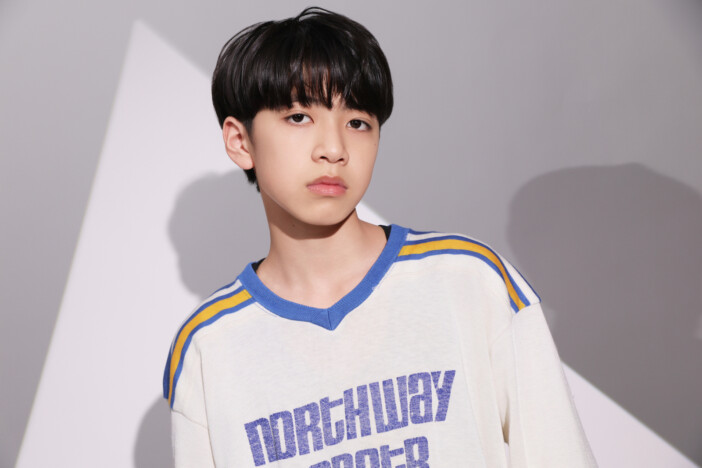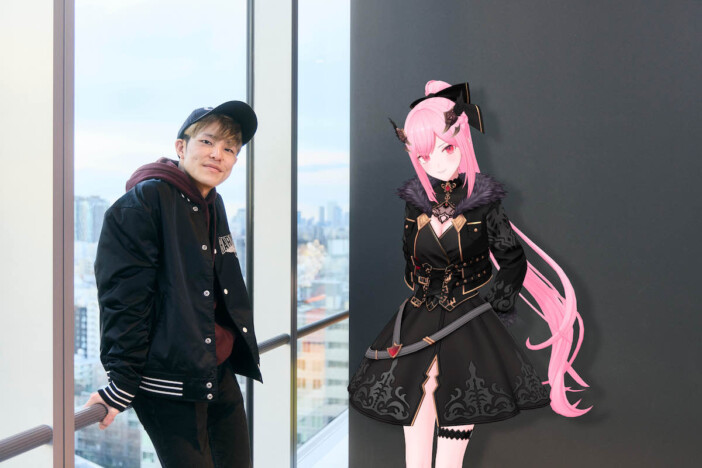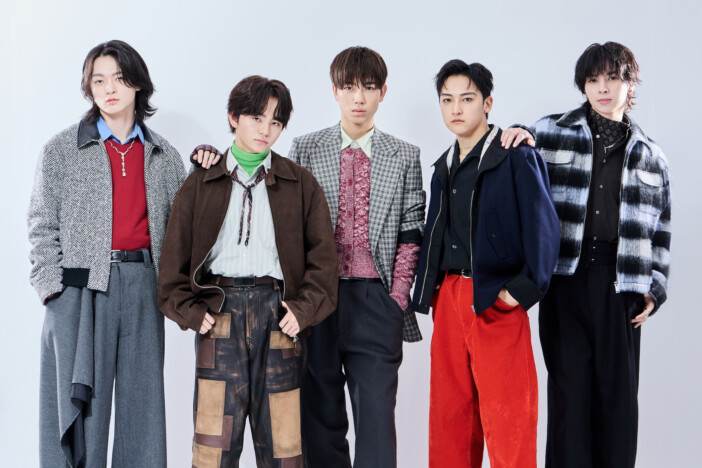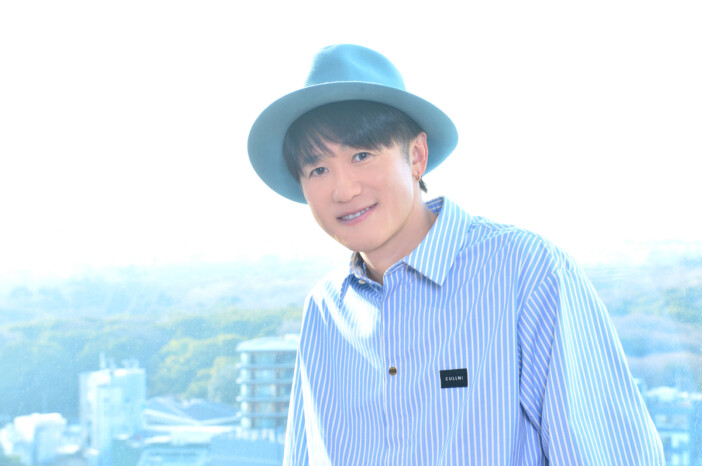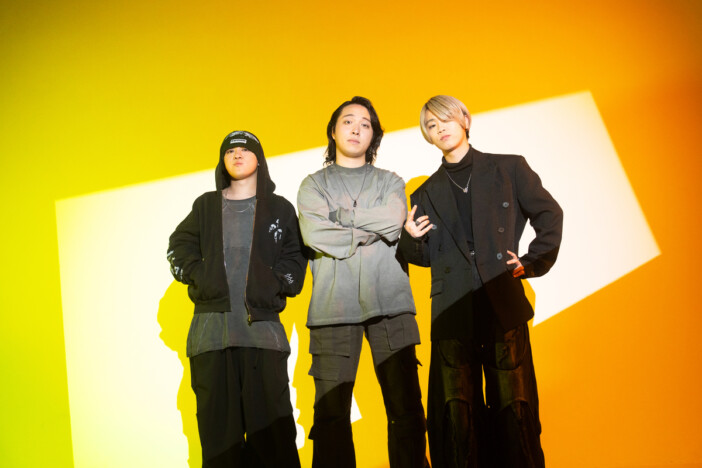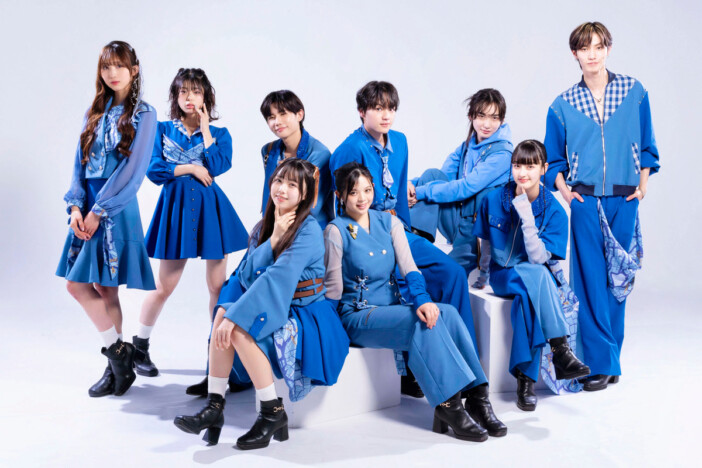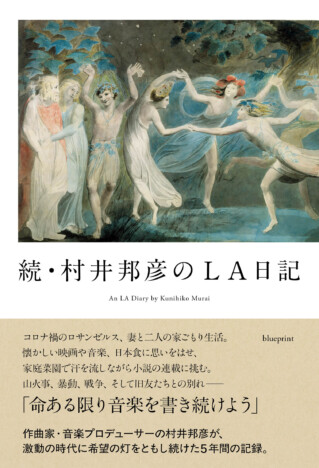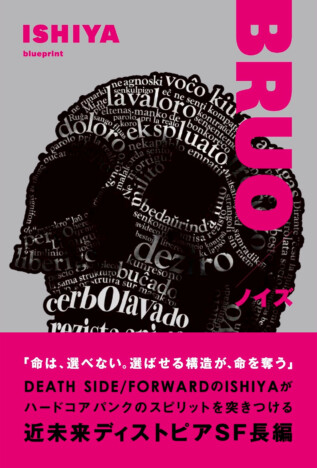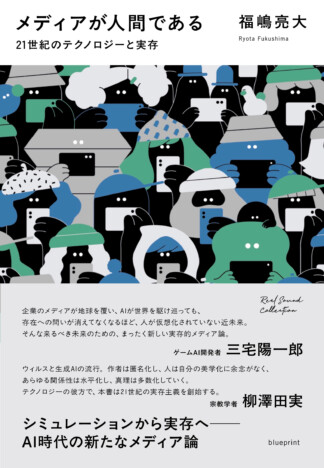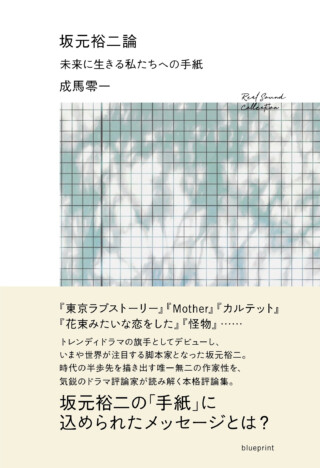SiM MAH and YOASOBI Ayase discuss metal music and the role their music should play in the world as music from Japan.
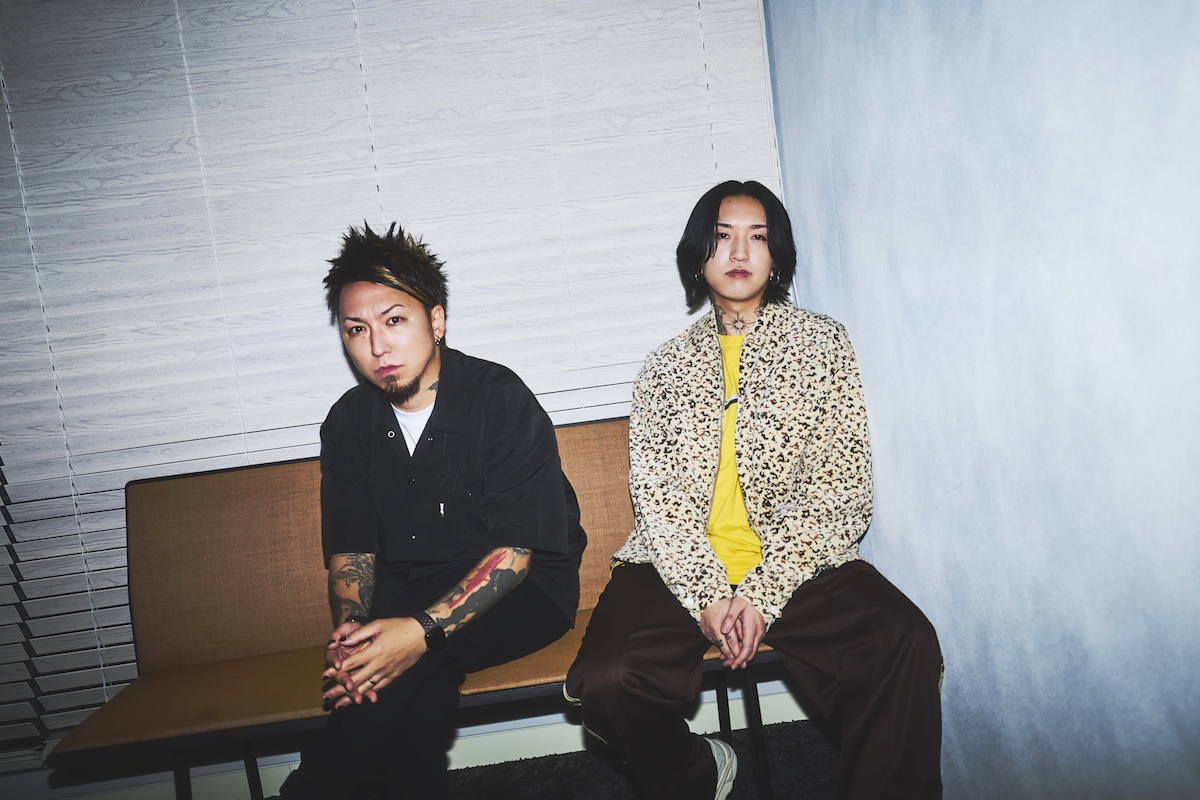
Rhythm or Melody? - SiM and YOASOBI’s songwriting methods
ーーI think it was precisely at that point that the band took on a transcendental nature. In terms of SiM's musical transition, which you mentioned earlier, there is a sense that the songs evolved in accordance with the scale of the live performance.
MAH: Yes, that's right. Because I think about the live performance, I make songs from the rhythm. Like, "I’ll start with two beats," or "I want to make the song jump, so I'll use this kind of rhythm." When our main activity is the live house tour, the songs will be like that, and when we play Budokan or arena, the songs will be for those venues. ...... After making "THE BEAUTIFUL PEOPLE," I decided to stop thinking about it. But when I listen to YOASOBI, I feel that they probably start from the melody, and in a way I envy them. We are the last to add a melody, but YOASOBI's melodies are so free.
Ayase: I basically make melodies first, like you said. I like singing melodies, and I grew up with J-pop and songs. But if I had only done that, I don't think the songs would have turned out the way they have.
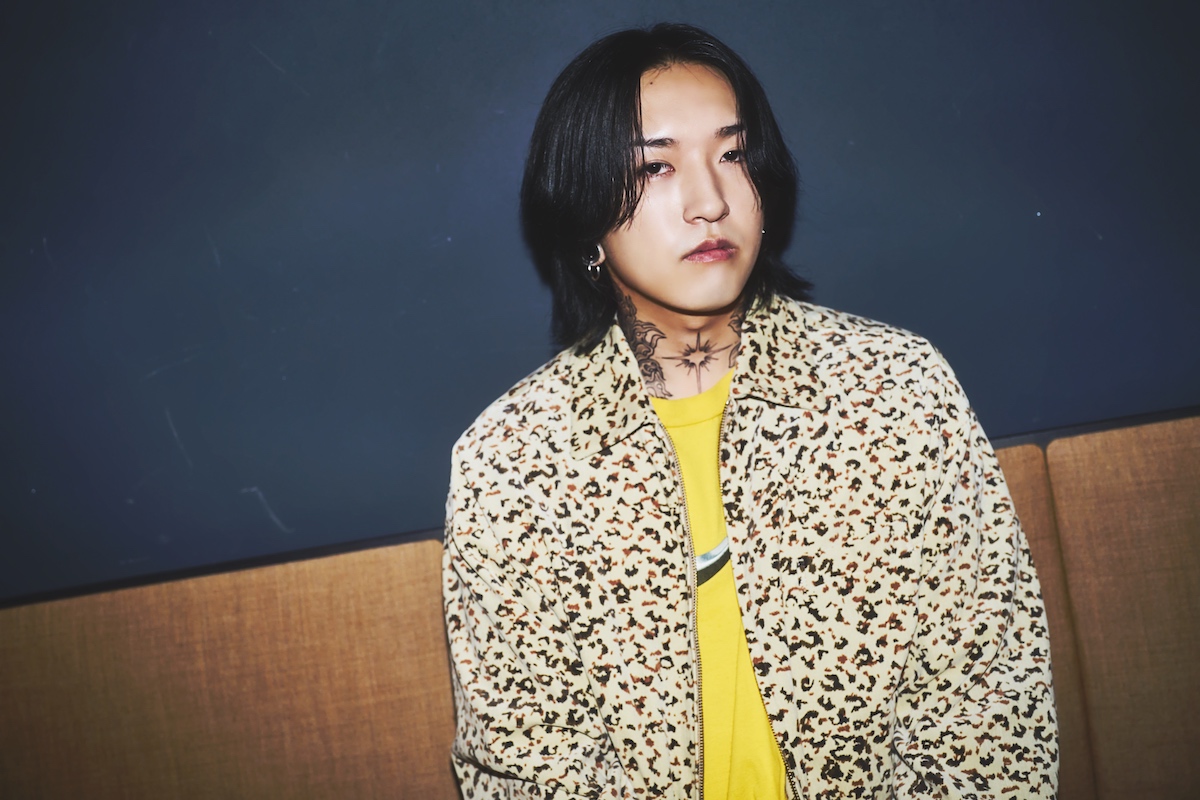
ーーThere seems to be an increasing number of songs with hardcore/metalcore rhythms, such as "Idol" with its rap-metal phrases and breakdowns, not to mention "Seventeen", with its loud rock feel, and "Monster" with its easycore feel.
Ayase: When I was playing metalcore, I was thinking, "How many kicks should I do in this break?" I think being in a band has helped develop that sense. Also, the experience of playing many gigs a month in live houses was also very important. What kind of words are spoken before a song starts playing to make it sound cool? I feel that my experience was useful for YOASOBI's live performances because I had the foundation to feel the heat of the scene.
ーーSo you are conscious of physical comfort when creating songs for YOASOBI?
Ayase: Not as much as MAH, but since I started performing live with YOASOBI, I started thinking, "I want this kind of song in the set list." However, in our case, there was a conflict as to whether it was the right thing to do. My first priority in doing YOASOBI is to make music that can be listened to by as many people as possible, so I have to get people to listen to the soundtrack first. I have a clear goal of making a song that will be loved by a wide range of people and that will make people sing along, But if I create a song with a live performance in mind when I write it, there are aspects of the song that will give me less freedom when I create it in DTM.
MAH: I see. SiM has to be performed, and I can see the members' faces when I create, like "If I were him, I would play like this." That's why the songs are consistent, which is both good and bad for the band.
Ayase: When I was in the band, I was also a singer, so I used to write songs while thinking about my own vocalization, but as the composer of YOASOBI, I just tried to write freely without any restrictions.First of all, there is no genre that I dislike. I listen to any music that I think is good, regardless of the time period, and I want to play what I like. Of course, I am not irresponsible when it comes to songwriting. I trust my partner (ikura), and she says it's interesting to see how my songwriting skills are expanding.
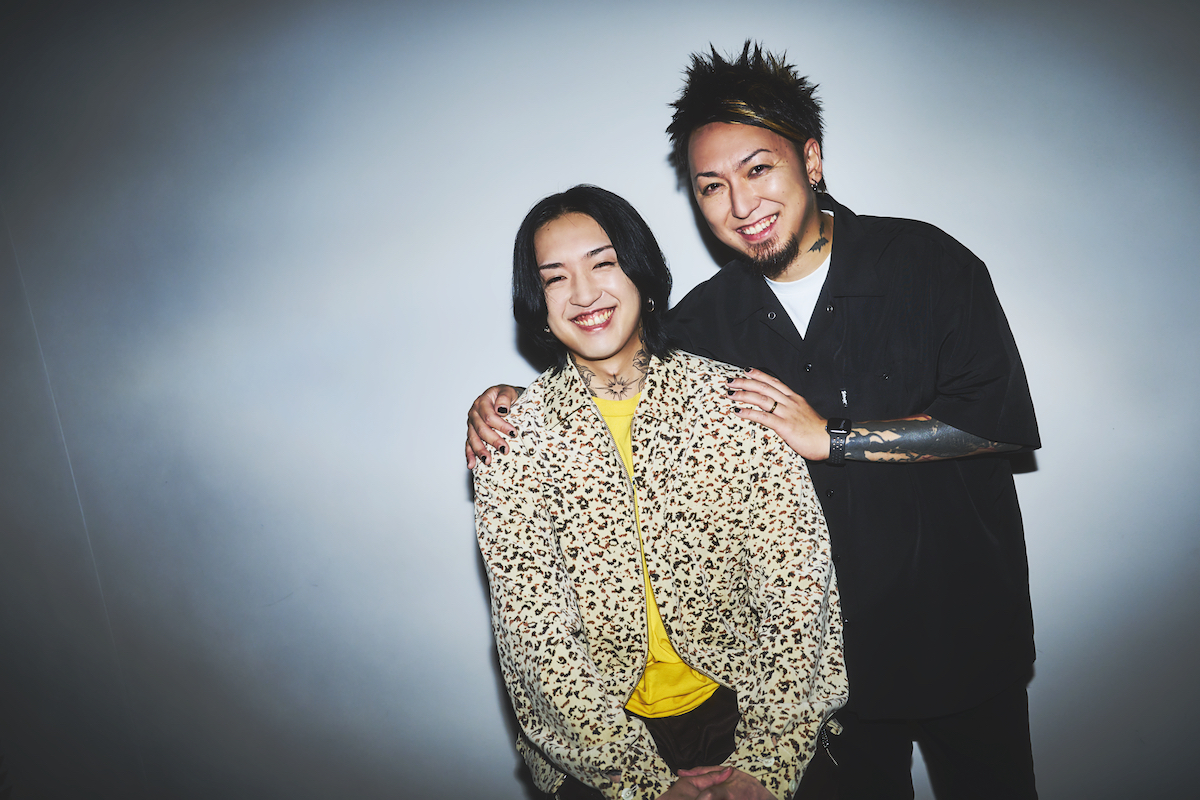
"We are fighting for the representation of the rock band in the eyes of the public" (MAH)
ーーAlthough the production process is different, the relationship of trust is the same, isn't it? SiM and YOASOBI have a lot in common in the way they overcome dizzying developments with catchy melodies, and in the many musical elements they contain. What do you think about that?
MAH: I don't think of SiM as a hardcore punk band, nor do I think of myself as a number one reggae singer. When the term "loud rock" first came out and the top selling band was ONE OK ROCK, I hoped that people who listened to Hormone would listen to SiM as well, and from there they would listen to more hardcore and reggae music. If you like SiM, there are more cool and real people out there, so listen to them too. We will be your gateway.
ーー What made you think of it?
MAH: Around the time we started performing in arenas, I started to get the feeling that, "If we make it this far, famous TV programs like ‘Mezamashi TV’ will come to cover us. I had thought of becoming a gateway to hardcore, reggae, and metal music, but I began to think of becoming a gateway to a wider range of "rock bands" in the eyes of the public. Even in the COVID-19 pandemic, I fought as a representative of a rock band and talked about it in my MC.
That's why it would be absolutely impossible for me to get caught doing something wrong. As long as I am cool, people will think that being a singer in a rock band is a cool job. There are a lot of cool senior members in the older generation, but I've also noticed that they are surprisingly focused on their own activities and don't really see the wider world. I envy them for that, of course. But with the younger generation coming up, someone had to take the lead in the fight to revive rock festivals in the public eye, and I thought, "I'll go out with a banner."
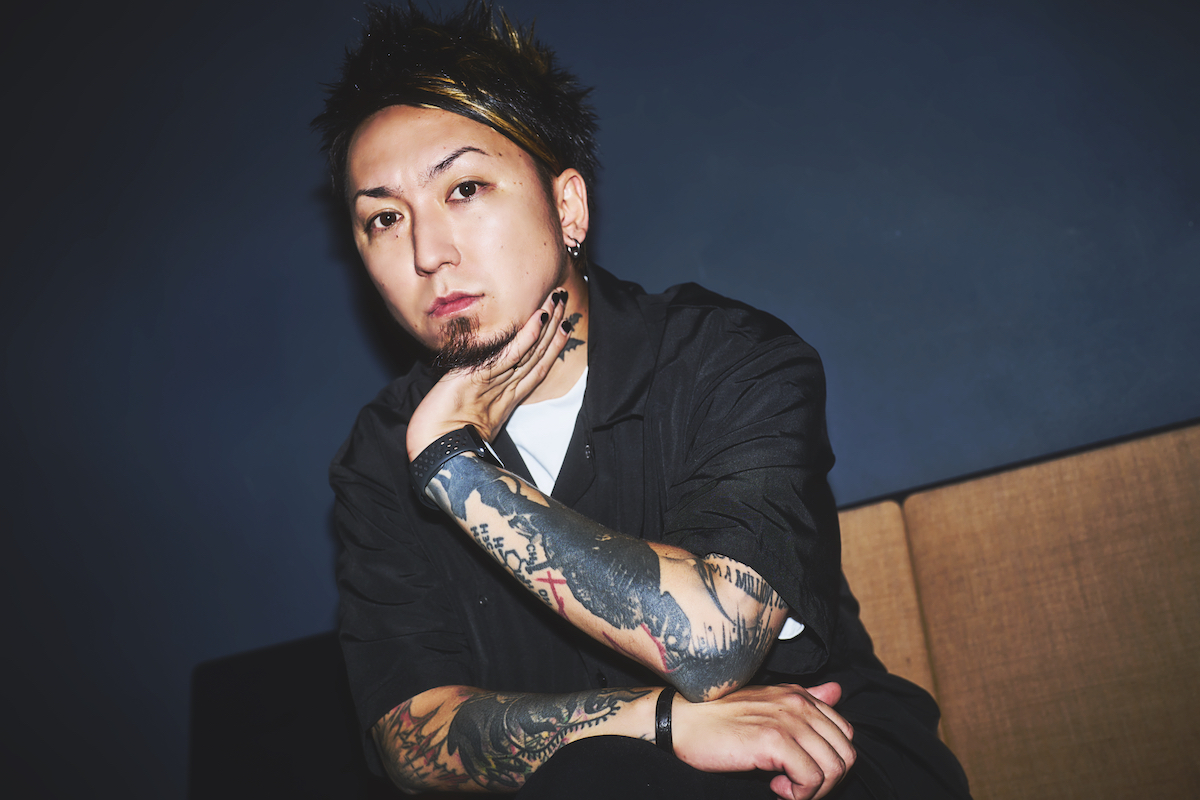
ーーHow did you come to recognize SiM as such a band in that way?
MAH: I don't know. ...... I honestly don't know that. I just can't lie. I tell everyone that I don't like what I don't like. I think people like me because I can say, "No, I don't like that drink," no matter what my elders tell me. There are a lot of people who think, "MAH probably means what he says, so I'll support him," and I think that because I kept saying the same thing in the COVID-19 pandemic without wavering, people have come to trust me.
